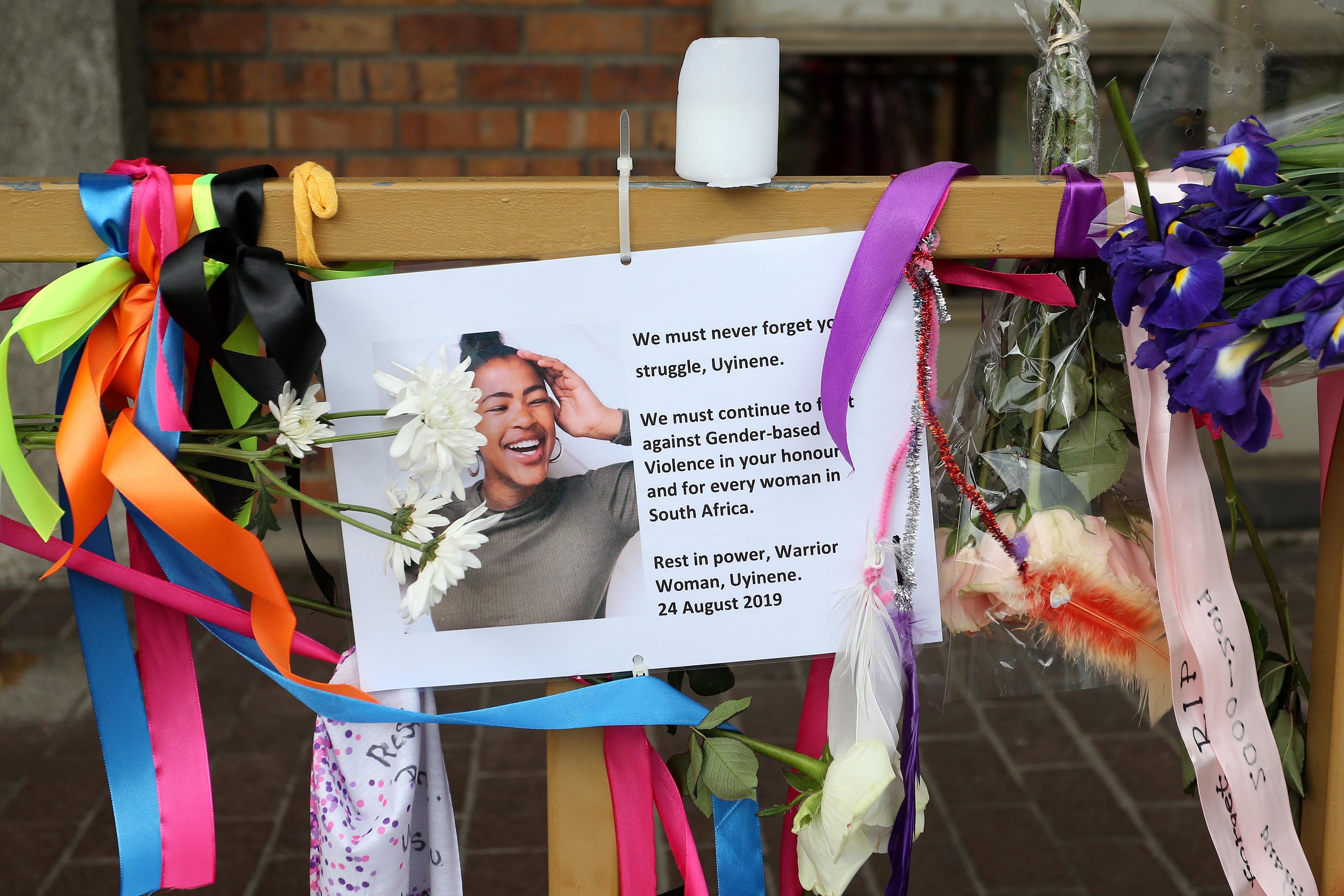The Killing Doesn’t Stop During South Africa’s Women’s Month
Women’s Month in South Africa is celebrated in August.

It commemorates the significant role held by women in South African society and celebrates the accomplishments of the 20,000 women who marched to the Union Buildings in August of 1956.
The march was held in protest of the amendments to the Urban Areas Act, a piece of legislation enacted to regulate the movements of non-white South Africans during the Apartheid era. Yet every year, during this month, as a South African woman, I am reminded that this commemoration is in perpetual memory of the dead. For instance this year, 23-year-old University of Fort Hare Law student, Nosicelo Mtebeni, was killed during Women’s Month. Her limbs were found on August 19 in a plastic bag disposed of in the street. Her torso was found in a suitcase, while her head and hands were found in the house she shared with her boyfriend, Alutha Pasile. Pasile is in custody and remanded until September 28.
The same is true for 28-year-old Ndivhuwo Munyai. Munyai was shot on Sunday, August 22, allegedly by her husband a police sergeant in Thohoyondau, Limpopo Province who had apparently taken a gun to his wife, and then turned it on himself in a murder suicide. In August 2019, again during Women’s Month, 19-year-old University of Cape Town film student, Uyinene Mrwetyana went missing. Nine days later her body was found in a hole beside an unused railway track in a township called Lingelethu West. Mrwetyana had been raped, bludgeoned to death, and her body burnt. South Africa has one of the highest rates of gender-based violence (GBV) in the world. Police statistics show that between 2019 and 2020 the rate of reported sexual offences in South Africa increased by an average of 146 incidences a day, 116 of which were cases of rape. No month dedicated to celebrating them can be taken seriously while this is the reality for women in South Africa. Comprehensive legislation enforced through a credible criminal justice system is essential to curbing GBV, but so are strategies to address misogyny in the country. Preventative measures have to complement punitive ones. Implementing programs in the education system that aim to transform attitudes towards women, misogyny, and harmful practices underpinned by patriarchal norms are just as essential.
Read the full article at the original website
References:
- https://www.gov.za/WomensMonth2021#:~:text=Every%20year%2C%20in%20August%2C%20our,of%20Pass%20Laws%20to%20women.
- https://www.sanews.gov.za/south-africa/nzimande-conveys-condolences-mtebeni-family
- https://www.iol.co.za/capetimes/news/dismembered-body-in-suitcase-lover-confessed-to-killing-fort-hare-student-because-she-cheated-on-him-b75e4fbb-c722-42b9-8e7b-834e23dc698a
- https://www.sabcnews.com/sabcnews/accused-in-nosicelo-mtebeni-murder-case-abandons-bail-application/
- https://www.sabcnews.com/sabcnews/police-officer-kills-wife-before-turning-the-gun-on-himself/
- https://www.enca.com/news/remembering-uyinene-mrwetyana-two-years-after-her-murder
- https://www.timeslive.co.za/news/south-africa/2019-09-09-five-shocking-revelations-in-uyinene-mrwetyanas-murder-case/
- https://mg.co.za/news/2021-06-22-facts-and-figures-global-domestic-violence-numbers/
- https://mg.co.za/special-reports/2020-12-04-gender-based-violence/
